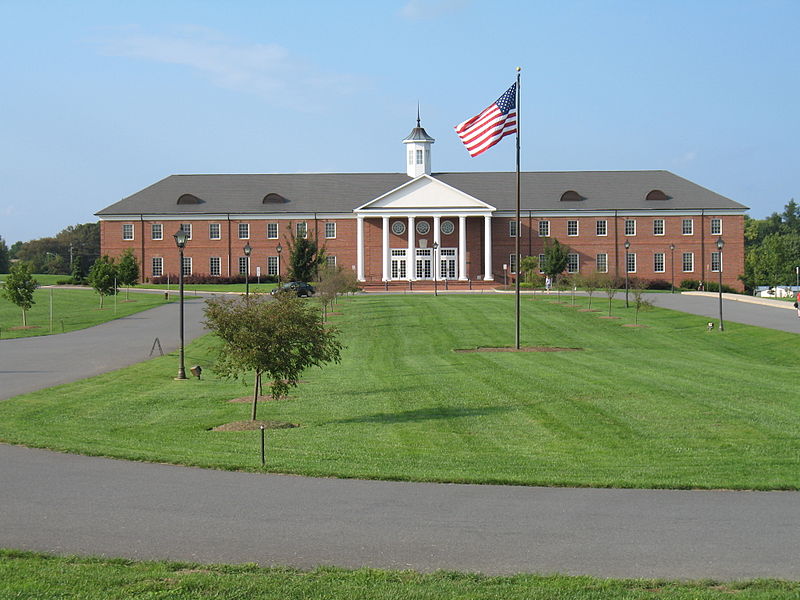 PURCELLVILLE, Va. — The president of a nationally-recognized Christian college is warning that Christian schools may have to eventually close their doors due to tax exemption revocation for “discrimination” if the U.S. Supreme Court rules next month that states must recognize “gay marriage.”
PURCELLVILLE, Va. — The president of a nationally-recognized Christian college is warning that Christian schools may have to eventually close their doors due to tax exemption revocation for “discrimination” if the U.S. Supreme Court rules next month that states must recognize “gay marriage.”

Michael Farris is the chancellor of Patrick Henry College in Virginia, as well as the chairman of the Home School Legal Defense Association (HSLDA). As a constitutional lawyer and leader of a Christian college, Farris recently issued a warning about what difficulties faith-based schools might face should the nation’s highest court require states to accept same-sex nuptials.
In an article for USA Today released on Tuesday, he noted that during the oral argument before the court last month, Justice Samuel Alito asked Solicitor General Donald Verrilli, Jr. if a faith-based college or university could be stripped of its tax exempt status should the court rule in favor of such marital arrangements.
“In the (1983) Bob Jones case, the court held that a college was not entitled to tax exempt status if it opposed interracial marriage or interracial dating. So would the same apply to a university or a college if it opposed same-sex marriage?” Alito asked.
“It’s certainly going to be an issue,” Verilli replied, stating he would need to look into the matter more. “I don’t deny that.”
“Christian colleges and churches need to get prepared,” Farris wrote. “We must decide which is more important to us—our tax exemption or our religious convictions.”
But he said that it is not taxation that worries him as much as the lack of funding that may then close the school.
“[S]ince PHC refuses all government aid, all of our donations for scholarships and buildings come from tax deductible gifts. Cutting off that stream of revenue is effectively the end of such colleges absent a team of donors who simply don’t care if gifts are deductible,” Farris explained.
If this becomes the case for Christian colleges, he stated, it will likely become a threat to other religious institutions as well.
“No one should think that IRS implications will stop with colleges. Religious high schools, grade schools and any other religious institution will face the same outcome. And this includes churches,” Farris said. “All of these entities are exempt from taxation under the same section of the IRS code. And even though churches can be exempt without application, their exemption can nonetheless be revoked.”
“Even if it takes the IRS years to begin the enforcement proceedings against such institutions, we can expect other fallout from this decision to begin shortly after the release of the Supreme Court’s opinion,” he warned.
The U.S. Supreme Court is expected to release its decision next month. While it expressed hesitancy during the recent oral arguments to declare that all states must recognize such arrangements, it is not yet known how the court will rule.
Become a Christian News Network Supporter...


